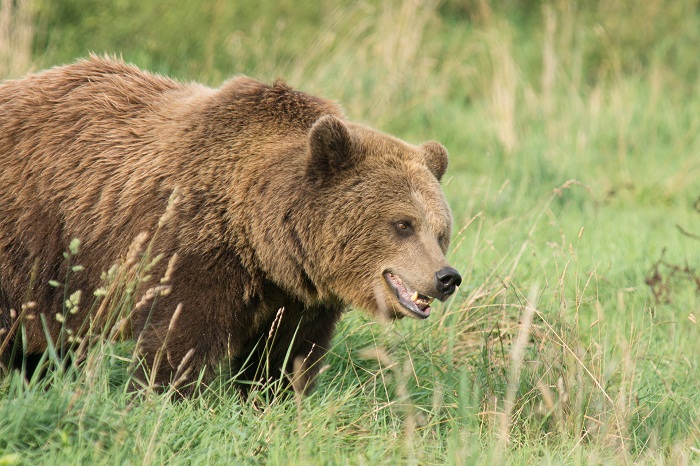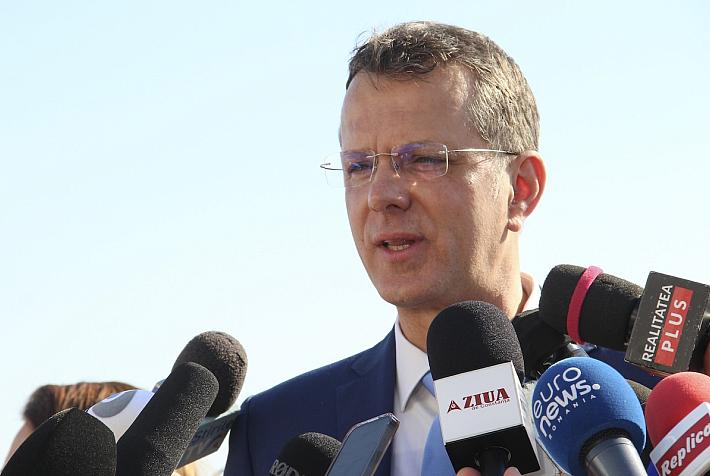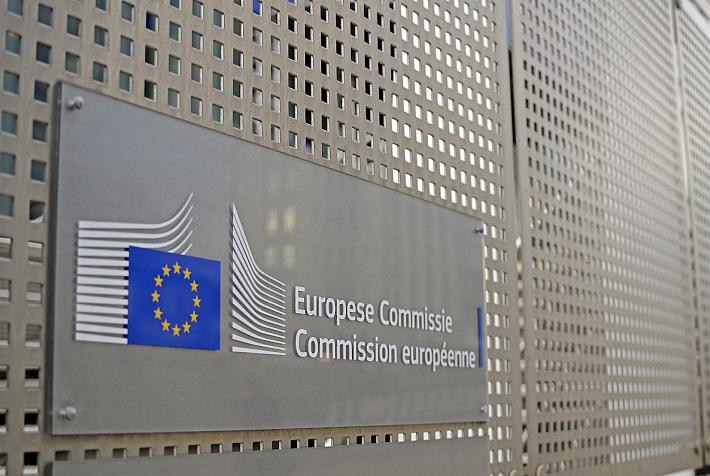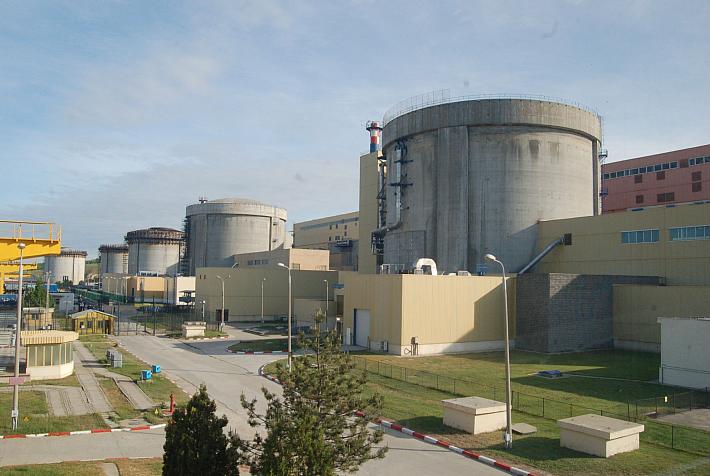Bear attacks in Romania highlight poor management of Europe's largest bear population

 The recent bear attacks in Dambovita county in Romania raised some questions over the size of the bear population in Romania and the way authorities are handling it. Romania has 9,000 brown bears, one of the few European countries with such a high bear population.
The recent bear attacks in Dambovita county in Romania raised some questions over the size of the bear population in Romania and the way authorities are handling it. Romania has 9,000 brown bears, one of the few European countries with such a high bear population.
"Only a miracle helped us have so few conflicts between bears and men. Given that Romania has the largest population of bears in Europe, which it manages extremely poorly, the probability of serious incidents is very high," said Magor Csibi, director of the World Wide Fund for Nature (WWF) Romania.
The Ministry of Environment and Forests (MMP) recently held a meeting with NGOs for animal protection and hunting associations, on the management of the bear population via rechecking the bear hunting quota. Bears in Romania's woods seem to be hungry, as the population is too big, but hunters cannot kill them as they have exceeded the hunting quota.
The Environment Ministry state secretary Mugur Cozmaciuc said that a solution would be to change the agreement framework between the ministry and hunting associations, including some clauses to allow hunting associations to continuously provide food for bears. "We will partner all the hunting association managers to enhance safety for urban and rural communities," said Cozmanciuc.
However, according to Secretary of State, the authorities will take further measures to capture and relocate bears, so they do not end up close to human populations looking for food.
Animal protection associations also warn about poaching. After discussions on Monday, Magor Csibi said a meeting is needed with the Prime Minister and the Ministers of Environment, Interior and Justice to discuss the problem of poaching, for which very few cases currently go to court.
Romania has other problems, the authorities are not preventing illegal hunting of the animals, while the country promotes itself as a place where bear hunting is legal, said Magos Csibi. The authorities are not collecting real field data on bear populations, behavior and potential problems related to bears near human-populated areas. Added to this, waste is mismanaged, which attracts many bears to rubbish dumps to find food, according to WWF.
On the other hand the president of the Association Forest Administrators, Dorel Fechete said that for several years, the number of hunted bears has been down. Last year only 60 percent of 335 bear hunting quota was used.
Romania has some 9,000 bears, according to data from hunting associations, while the Forest Research and Management Institute Brasov (ICAS) established an optimal number of about 4,000 bears in the country.
The WWF has a project to monitor brown bears in the forests of Romania, called Open borders for bears in the Carpathians of Romania and Ukraine. “Bears in our region are facing enough problems with habitat fragmentation. Poaching puts yet more pressure on them and can jeopardize long-term conservation measures as well as stand in the way of scientific research that is necessary in order to define the most appropriate measures for their protection," said Cristian-Remus Papp, Coordinator of WWF’s project.
Initiated by WWF, the project is funded by the European Union, through the Hungary-Slovakia-Romania-Ukraine Cross-border Cooperation Programme 2007-2013. The project is implemented in partnership with the Ukrainian organization RachivEcoTur.
A recent spate of bear attacks left a person dead and several more injured in the areas around Dâmboviţa Moroieni, a town in a mountainous area near Sinaia. The local media reported that the bear may have been trapped in a poacher’s snare and attacked after struggling free.
Ioana Toader, ioana.toader@romania-insider.com
Corina Chirileasa, corina@romania-insider.com
(photo source: sxc.hu)











